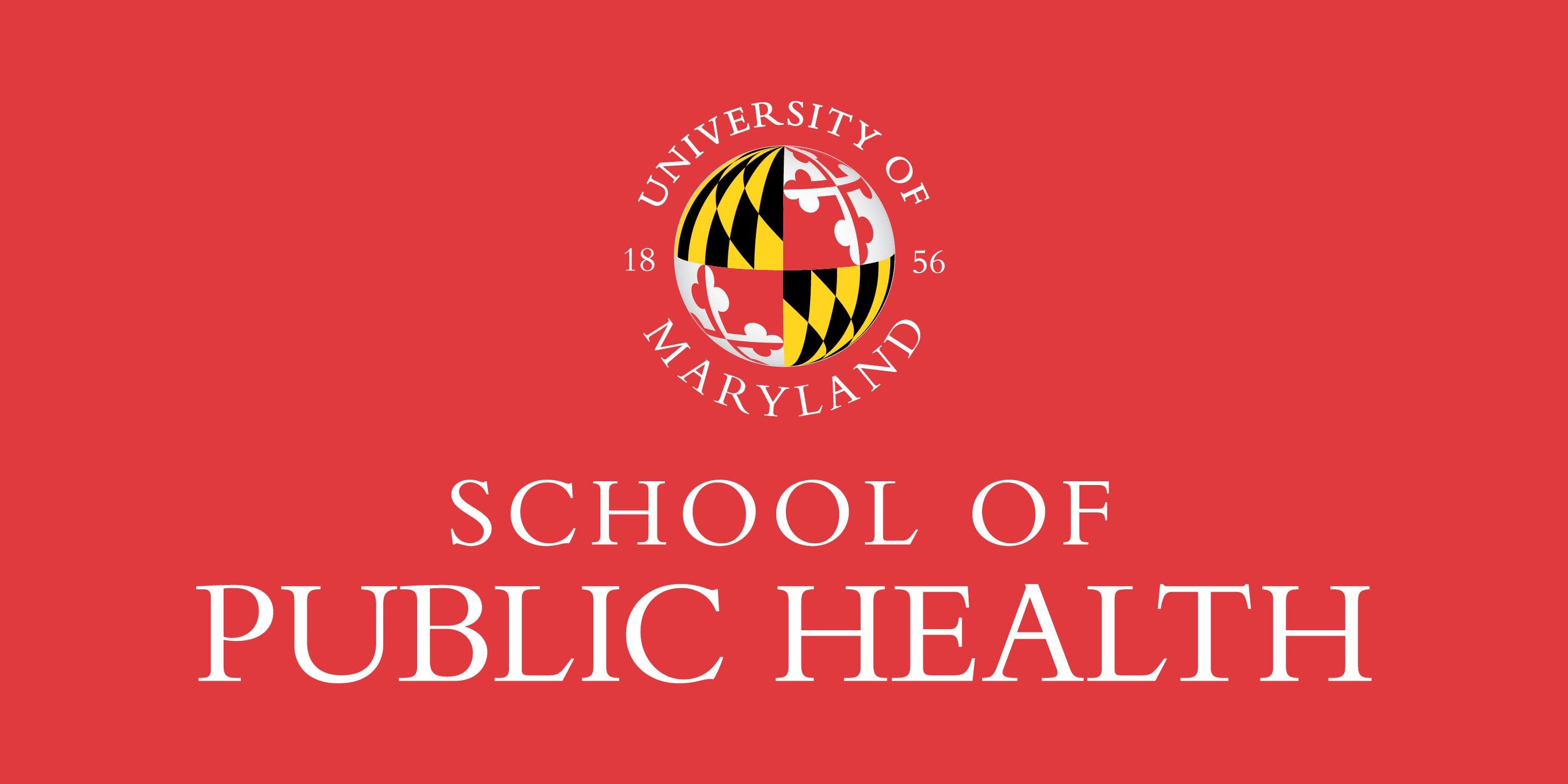
Congratulations to the winners and finalists of the first annual Gold Award competition! Ivy Benjenk (PhD candidate, Health Services Administration) won $3000 for her Patient Personal Assistant with Amazon Lex technology. Theresa Tassey (MPH candidate, Health Policy Analysis and Evaluation) won $2000 for her Naloxone Smart Kits project.
All finalists presented their projects to a panel of expert judges and an enthusiastic audience, including Dr. Robert Gold and Barbara Gold, who endowed the award. In addition to the connections that the prize will open for the winners, all the finalists will receive support from faculty advisor Neil Sehgal to develop and carry their ideas to fruition.
Dr. Robert S. Gold (founding dean) and his wife Barbara Gold have given $100,000 to establish the Robert S. and Barbara A. Gold Public Health Innovation Award Endowment. The Gold Award is intended to spark public health innovation, design thinking and solutions to big public health challenges.
A panel of technology and health innovators judged the project pitches at the competition event on March 28. Judges include health strategy consultant and health technology entrepreneur Andre Blackman; Dr. Alyssa Todaro Brooks, Scientific Program Specialist at the National Institutes of Health Clinical Center; and Ed Woods, President of TerpSys, an information and technology services company.
The award will be held annually and is open to all undergraduate and graduate students in the SPH--and collaborations with students in other disciplines across campus are encouraged.
The four Gold Award finalist projects:
First Place Prize: Patient Personal Assistant with Amazon Lex technology
Ivy Benjenk (PhD candidate, Health Services Administration)
The aim of the project is to leverage Amazon Lex technology to prevent post-hospital syndrome while improving the inpatient experience. An application for Alexa, called the “Patient Personal Assistant” or PPA, will contain a comprehensive set of skills designed to reduce hospital-related stressors and will replace the patient’s call bell.
Second Place Prize: Naloxone Smart Kits
Theresa Tassey (MPH candidate, Health Policy Analysis and Evaluation)
A pilot program will decrease the rate of opioid overdose deaths in Baltimore City by increasing the accessibility of Naloxone through the installation of innovative Naloxone Smart Kits in public locations throughout the city, empowering the public to join health officials in fighting the opioid epidemic.
Other Finalist Teams:
Mercury app suite for Google Home
Brenton Andreasik (MHA candidate, Health Services Administration)
Sanjeev Ganesh (MHA candidate, Health Services Administration)
Nygel Williams (MHA candidate, Health Services Administration)
An app suite for Google Home, named Mercury after the messenger of the Roman Gods, will improve care coordination, increase patient engagement, and create a sense of involvement among America’s growing senior population. The apps will allow care givers, clinical providers, and the AI itself to set reminders for appointments and medication adherence, coordinate travel through ride-sharing booking or reminders of designated pickup times, and provide known voices in the homes of patients.
AgeGR8 skills suite for Amazon Alexa
Abigail Bickford (PhD candidate, Behavioral and Community Health)
Junaed Siddiqui (PhD candidate, Behavioral and Community Health)
A mini-suite of skills for Amazon Alexa will be tailored for those over 65 who are affected by physical, mental, and emotional limitations associated with aging. The skill suite, called AgeGR8, will include medication reminders, exercise/physical therapy, mental exercises, coordination of healthcare events, pre-programmed emergency contacts, utilization of the existing ‘drop-in’ feature (to promote socialization), integration with wearables for monitoring cardiac activity, and voice memos to aid memory for those with dementia or other cognitive impairments.